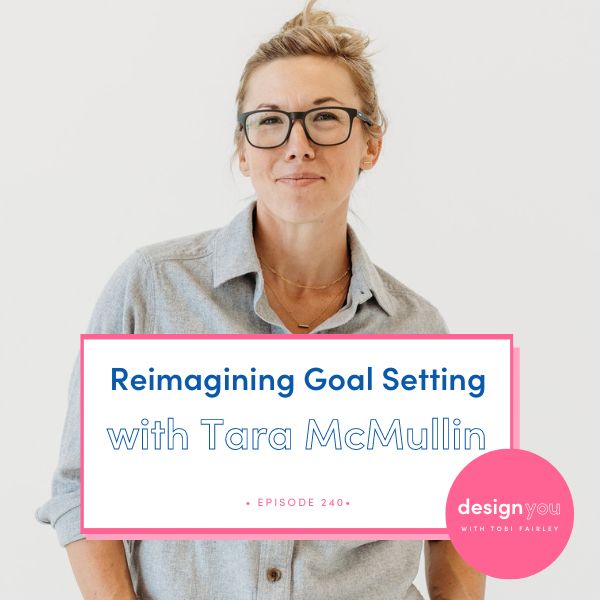
When it comes to setting goals, we think that we should be striving for more, doing more, and consistently trying to get to the next level. We use our goals to get more of what we want and need, and we strive for them as though everything is on the line. But what if the way we’re currently setting goals doesn’t have to be the only way? What if there’s another way to create goals for ourselves in our lives?
Tara McMullin is a writer, podcaster, and producer who helps people navigate the 21st-century economy without losing humanity. Tara has been studying small business owners online for over 14 years and poses big questions about how to work better, take better care of ourselves and each other, and think about what that looks like within the economical, political, and cultural systems we live in on a daily basis. She joins me this week for an interesting conversation about how she has been reimagining the whole idea of goal-setting and how you can do the same.
In this episode, Tara and I are talking about deconstructing the ways we currently think about goals, where this way of thinking comes from, and how to start thinking differently. Tara shares some actionable steps to start detaching from this process and shares some great information to help you see how you can do things in a new way.












